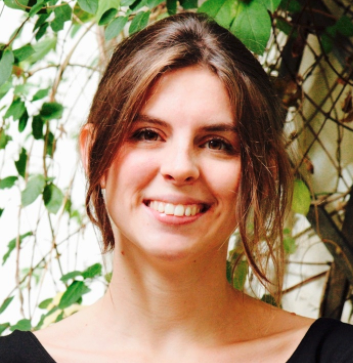A Bayesian spatial analysis of the association of socioeconomic inequality and perceived risk of infection with human mobility changes during the first wave of the US COVID-19 epidemic
This work investigates the association of the changes in workplaces mobility with different socioeconomic, demographic and business categories during the first wave of the COVID-19 epidemic in the US. Conditional on the local perceived risk of infection, in the early stages, the results show a strong association, with larger drops in mobility observed in counties with richer families, that are less-densely populated, have an older population living in highly dense neighbourhoods, and with a lower proportion of Hispanic population. The strength of this association is highly reduced later on, when the mobility is progressively restored. Similar behaviours in nearby counties are present across the whole period of study, indicating a potential link to state- and county-wise regulations. These results provide community-level insights that could directly benefit policy evaluation and interventions.

